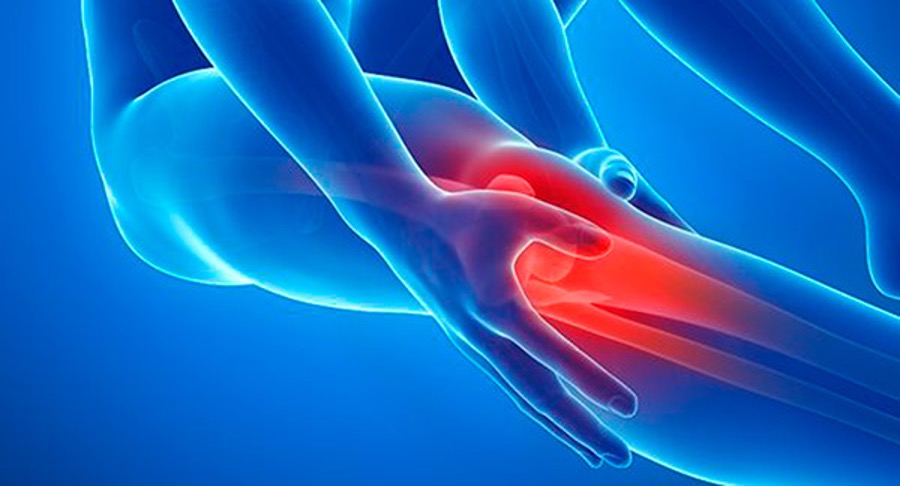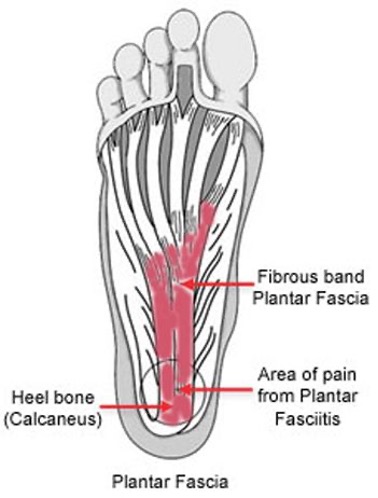What is Sciatica?
Sciatica Pain runs down one or both legs from the lower back and radiates along the sciatic nerve. Typically, it feels like a burning or shooting pain starting in the lower back or buttocks and radiates down the leg/s.
Overview
Sciatica pain generally radiates from your lower (lumbar) spine to your buttock and down the back of your leg. You might feel the discomfort almost anywhere along the nerve pathway, but it’s especially likely to follow a path from your lower back to your buttock and the back of your thigh and calf.
The pain can vary widely, from a mild ache to a sharp, burning sensation or excruciating pain. Sometimes it can feel like a jolt or electric shock. It can be worse when you cough or sneeze, and prolonged sitting can aggravate symptoms. Usually only one side of your body is affected.
Some people also have numbness, tingling or muscle weakness in the affected leg or foot. You might have pain in one part of your leg and numbness in another part.
Causes
Sciatica occurs when the sciatic nerve becomes pinched, usually by a herniated disk in your spine or by an overgrowth of bone (bone spur) on your vertebrae. More rarely, the nerve can be compressed by a tumour or damaged by a disease such as diabetes.
Complications
Although most people recover fully from sciatica, sciatica can potentially cause permanent nerve damage. Seek immediate medical attention if you have:
- Loss of feeling in the affected leg
- Weakness in the affected leg
- Loss of bowel or bladder function
Prevention
It’s not always possible to prevent sciatica, and the condition may recur. The following can play a key role in protecting your back:
- Exercise regularly. To keep your back strong, pay special attention to your core muscles — the muscles in your abdomen and lower back that are essential for proper posture and alignment. Ask your doctor to recommend specific activities.
- Maintain proper posture when you sit. Choose a seat with good lower back support, armrests, and a swivel base. Consider placing a pillow or rolled towel in the small of your back to maintain its normal curve. Keep your knees and hips level.
- Use good body mechanics. If you stand for long periods, rest one foot on a stool or small box from time to time. When you lift something heavy, let your lower extremities do the work. Move straight up and down. Keep your back straight and bend only at the knees. Hold the load close to your body. Avoid lifting and twisting simultaneously. Find a lifting partner if the object is heavy or awkward.
Treatment
Can Physio help with Sciatica?
Sciatica is due to pressure on the sciatic nerve, it stands to reason that treatment involves removing this pressure. Your Physiotherapy treatment does this by reducing nerve pressure caused by poorly moving spinal joints as well as easing muscular tension in the lower spine, buttock, and leg.
A physiotherapist can also help in the prevention of Sciatica and protecting your back.
If you are suffering with sciatica now, please do not delay – you can achieve the best results when you address the symptoms early.
If you’re experiencing any unexplained back or leg pain, come and see us! Give us a call on (08) 9203 7771 or email info@ngp.net.au and set an appointment and we’ll check them out, alleviate any concerns and give you the best possible treatment to keep the pain at bay.




